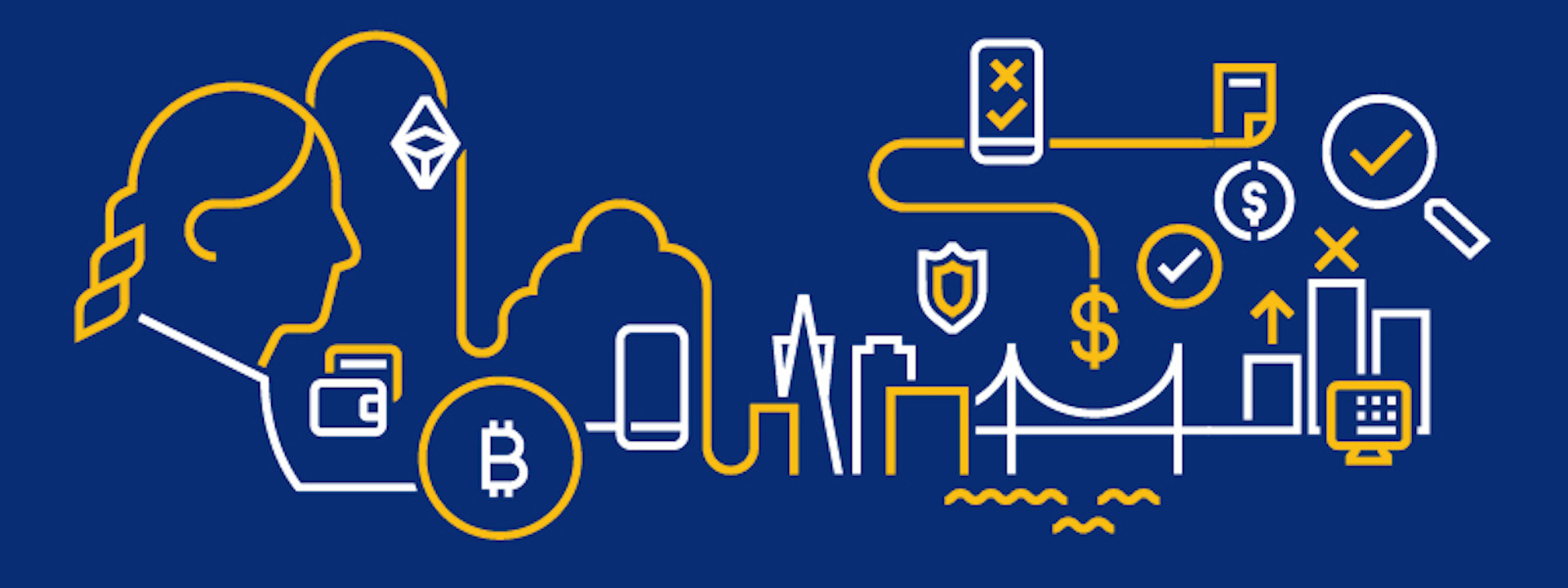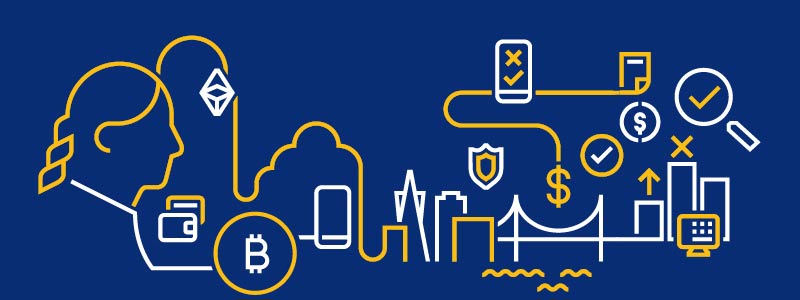

The rise of blockchain and cryptocurrencies has changed the way we think about digital money movement — creating opportunity for a new generation of financial applications. We’re in the early stages of blockchain development and it remains unclear which use cases will become widely adopted, which will get left behind, and which have yet to be explored.
A team of researchers and engineers across Visa is working together to study the foundations of various blockchains — including the security, scalability, interoperability and privacy of different protocols — and propose possible use cases.
”To help our clients and partners innovate, we need to immerse ourselves in technologies that can bring real value to the payments ecosystem,” said Catherine Gu, Head of CBDC and Protocols at Visa. “We’re focused on growing our core competencies in Web3 infrastructure layers and blockchain protocols driving crypto development.”
Bringing auto payments to blockchain
Many of us rely on automatic payments to pay monthly bills. In a few simple steps, we can set up recurring payments with a local utility or subscription provider. With blockchain technology potentially representing a new way to process payments in a distributed and programmable fashion, could this everyday payment experience be replicated, or even improved, on the blockchain? Visa is exploring exactly that.
In a new technical piece, Visa outlines how to write a smart contract application for a self-custodial wallet, meaning a wallet that is controlled exclusively by the user and the associated private key. This application could allow a user to setup a programmable payment instruction that can push funds automatically from one self-custodial wallet account to another at recurring intervals, without requiring the user's active participation each time.
This solution taps into a concept known as “Account Abstraction” (AA),¹ a developer proposal currently being explored within the Ethereum ecosystem. The idea behind Account Abstraction is to make user accounts on Ethereum function more like smart contracts by allowing a user to have programmable features embedded into their wallets.
In the paper, the Visa team demonstrates a potential application of AA: a new type of account contract that can delegate the ability to initiate a payment by a user account to a pre-approved autopayment smart contract, mimicking the process you use today to set up a recurring card payment. If, or when, concepts like AA are enabled on Ethereum, Visa’s proposal could help bring familiar payments experiences, like auto payments, to the blockchain ecosystem.
Understanding the impact of blockchain
While blockchain technology and digital assets are still in their infancy, we’re digging into these emerging innovations to determine how they can impact money movement today, and into the future. Security and seamless user experience will be essential for the widespread implementation and adoption of blockchain. Visa will continue to explore these evolving technologies and concepts — including common consensus mechanisms, privacy and scaling solutions, and other possible blockchain use cases — to create a bridge between crypto ecosystem and our global network of clients and merchant locations.
- The AA concepts described in this post are intended for illustrative purposes only. It contains depictions of a product currently in the process of deployment and should be understood as a representation of the potential features of the fully deployed product. The final version of this product may not contain all the features described in this presentation.